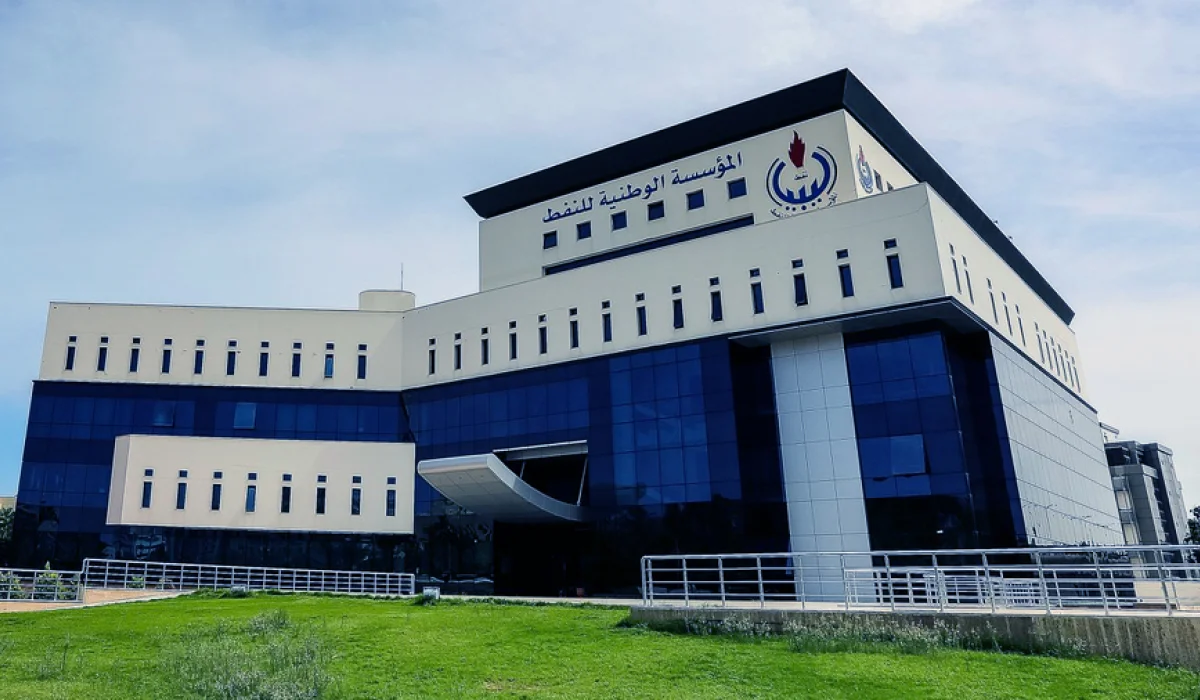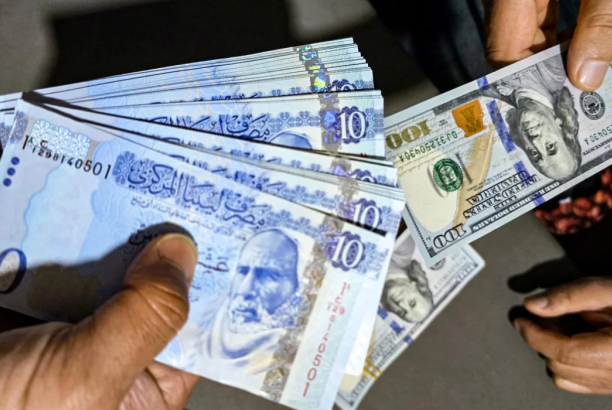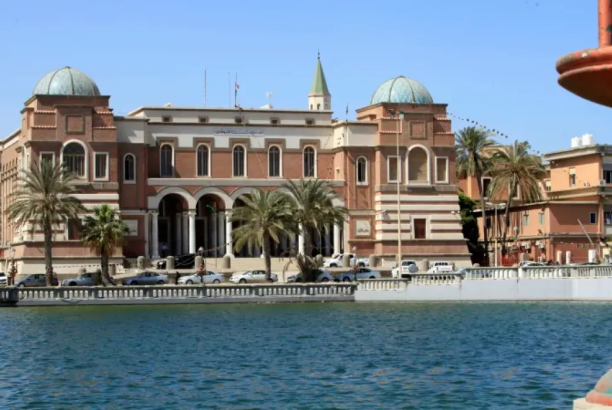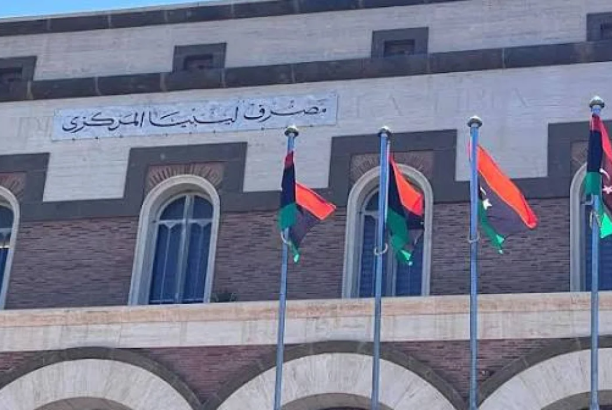
| News
Exclusive: Shriha to Sada – NOC’s Fuel Management Strategy is a Deception and Data Manipulation
Oil affairs analyst Masoud Shriha, who won a court case against Farhat Bengdara regarding his UAE citizenship and arbitrary transfer, has responded to the recent report from an official NOC source about the corporation’s strategy for managing the country’s fuel needs. He dismissed the claims that the strategy contributes to market balance, calling them nothing but deception and data manipulation.
Shriha criticized NOC’s claim that diesel consumption has remained stable while gas consumption has increased, arguing that any rise in gas usage should logically lead to a decrease in diesel consumption, based on available power plant consumption data.
Furthermore, he stated that the report contradicts findings from international organizations and internal oil sector reports, which indicate that diesel consumption in the electricity sector has declined compared to other sectors. He attributed this to increased electricity tariffs for commercial entities, which have pushed businesses to rely on private generators, contradicting Libya’s energy conservation goals. Shriha accused the corporation of misleading regulatory bodies rather than implementing an actual strategy, adding that fuel waste in certain areas is excessive and far beyond actual needs. He also rejected the claim that mild weather reduced energy demand, saying such trends apply under normal conditions—but not in Libya.
Shriha called for greater transparency in reporting fuel imports and sectoral consumption, emphasizing the need for detailed figures on the quantities delivered to each port and how each sector utilizes them.
He also raised concerns about the missing fuel sales revenues from 2024, highlighting that the Central Bank should have received 2.8 billion LYD from subsidized fuel sales, yet official disclosures show that only 154 million LYD was deposited.
Shriha stated that he attempted to reach out to the Audit Bureau and the Attorney General to propose lasting solutions to these issues but received no response. He expressed disappointment that these institutions, which should prioritize public interest, instead focus on meetings with civil society groups that contribute nothing to safeguarding public funds.
He further accused NOC officials of favoritism, regionalism, and tribal bias, which he claimed had led to the waste of hundreds of millions of dollars. As evidence, he cited the arbitrary transfers ordered by Farhat Bengdara and his associates in the marketing division, referring to Bengdara’s own statements during attempts to settle the case.





